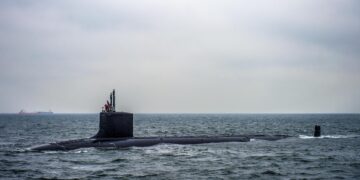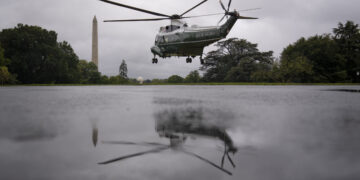August 22, 2024
Pivoting north as a middle power in a multipolar Arctic

The Arctic, once a peripheral region, has emerged as a pivotal geopolitical stage.
As the world order transitions from unipolarity to a more multipolar landscape, competition for influence and resources in the high north has intensified. For Canada, a nation with extensive Arctic territory and a long-standing commitment to the region, this dynamic presents both challenges and opportunities.
Canada occupies a unique geopolitical position. Unlike many other middle powers, its vast Arctic domain grants it a degree of leverage disproportionate to its overall global influence. This geographic advantage, coupled with its rich natural resources and stable democratic institutions, positions Canada as a key player in shaping the Arctic’s future. However, the challenges are substantial, requiring a sophisticated and nuanced approach to policy-making.
The actions of Russia and China in the Arctic pose significant threats to Canadian, North American, and NATO security interests. Russia, with its extensive Arctic coastline and robust military presence, has been assertive in staking its claim to the region. Moscow’s military modernization, including the deployment of advanced weapon systems, underscores its determination to project power in the Arctic. While overt aggression may be tempered by economic vulnerabilities, Russia’s capacity to disrupt critical infrastructure, such as undersea cables or satellite communications, poses a significant risk.
China, adopting a more economically focused approach, is also increasingly active in the Arctic. Beijing’s Belt and Road Initiative, while primarily focused on Eurasian connectivity, has implications for the region. China’s growing economic and technological influence, coupled with its strategic ambitions, necessitates close monitoring and a proactive Canadian response.
More on Western Hemisphere

July 8, 2025

By Daniel DePetris and Christopher McCallion
July 2, 2025

Featuring Jennifer Kavanagh
June 11, 2025

Featuring Edward King
June 3, 2025
Events on Grand strategy





